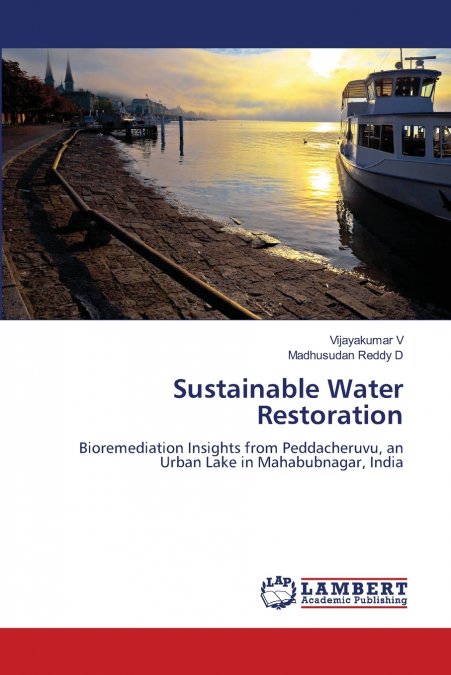
Madhusudan Reddy D / Vijayakumar V
Urbanization has significantly impacted water bodies, as seen in Peddacheruvu, an urban lake in Mahabubnagar, India. Rapid urban growth has led to contamination from human waste and heavy metals. This study assesses the lake’s water quality through physico-chemical and microbiological analysis, following the American Public Health Association guidelines.Physico-chemical analysis revealed high pollution levels, including toxic metals like lead, cadmium, and chromium. These pollutants pose threats to aquatic life and public health. In parallel, microbiological studies identified resilient microbial species capable of bioremediation. Molecular analysis using 16S rRNA sequencing highlighted the presence of beneficial microbes with pollutant-degrading properties.The study explored the application of bioremediation through biosorption, demonstrating its effectiveness in reducing heavy metal concentrations. Harnessing the natural ability of these microbes offers a sustainable and eco-friendly solution for lake restoration.These findings provide valuable insights for environmental management, supporting the implementation of bioremediation as a viable strategy for water body restoration.